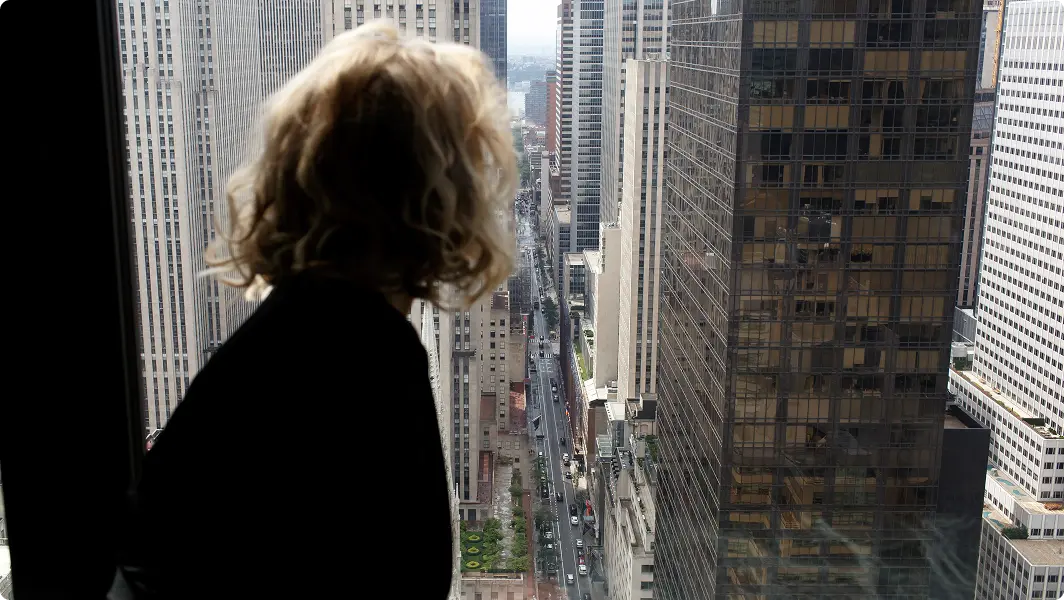
Navigating the world of Airbnb in NYC can be tricky due to stringent regulations under Local Law 18 (LL18), also known as the Short-Term Rental Registration Law. Implemented in January 2022 and enforced since September 5, 2023, LL18 has transformed the landscape for short-term rentals in NYC, impacting platforms like Airbnb, VRBO, and Booking.com. This blog dives into the question, “Is Airbnb legal in NYC?”, explores the NYC Airbnb rules, and examines the broader effects of LL18, drawing on recent data from Airbnb and industry reports. Additionally, it highlights how travelers are adapting by renting entire homes in nearby areas accessible by train.
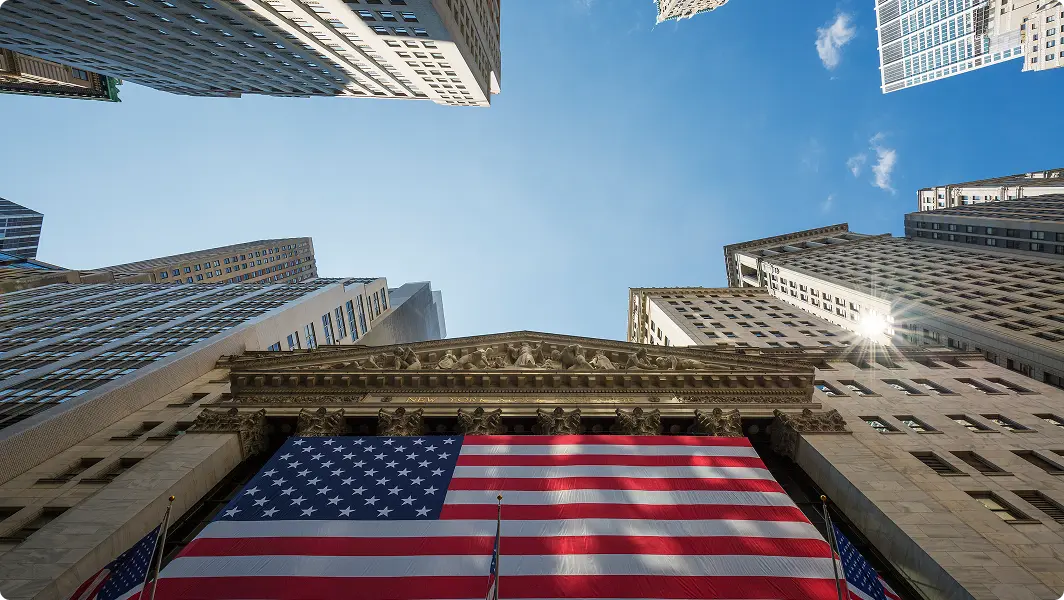
The short answer is: Yes, Airbnb is legal in NYC, but only under strict conditions outlined by LL18. This law regulates short-term rentals in NYC (rentals for fewer than 30 days) and imposes requirements that make compliance challenging for many hosts. Here’s what you need to know about the Airbnb NYC law:
Mandatory Registration: Hosts must register their property with the Mayor’s Office of Special Enforcement (OSE) for a non-refundable $145 fee, providing proof of residency, lease or ownership documents, and other details. Platforms like Airbnb are prohibited from processing bookings for unregistered listings.
Primary Residence Requirement: Short-term rentals are allowed only in the host’s primary residence, and the host must be physically present during the guest’s stay. This eliminates unhosted rentals, such as renting out an entire apartment while away.
Guest Limits: No more than two paying guests are permitted, regardless of the property’s size, and all occupants must have access to the entire unit with no locked internal doors, creating a “common household” setup.
Eligible Properties: Only Class A dwellings (designated for permanent residential use) qualify for registration. Class B dwellings, approved for short-term occupancies, and rentals of 30 days or longer are exempt.
Tax Obligations: Hosts must register with the New York State Tax Department to pay an 8.875% sales and use tax, a 5.875% hotel room occupancy tax, and additional hotel unit fees based on the daily rate.
Non-compliance Penalties: Fines range from $1,000 to $7,500 per violation, targeting hosts or property owners, even if tenants operate STRs without permission.

While LL18 isn’t an outright ban, many refer to it as the “NYC Airbnb ban” due to its restrictive nature. Since enforcement began, Airbnb listings have plummeted by approximately 92%, dropping from 38,500 to around 5,000 citywide, with outer boroughs like Brooklyn and Queens seeing a decline from 17,000 to 1,400 listings. This drastic reduction has led to significant economic and social consequences:
LL18 was designed to free up housing stock and improve affordability, but data shows it has failed to deliver:
Rising Rents: Median rents in Manhattan have exceeded $4,000 per month, a 4.1% increase since LL18’s enforcement, with Brooklyn and Queens seeing ~5% rent hikes, outpacing national averages.
Stagnant Vacancy Rates: The city’s vacancy rate remains at 3.2%, among the lowest in the U.S., showing no improvement in housing availability.
Construction Decline: Apartment construction starts dropped over 70% in Q1 2025 compared to the 10-year average, highlighting that LL18 hasn’t addressed the core issue of insufficient housing supply.
The outer boroughs, which once hosted 70% of Airbnb listings, are bearing the brunt of LL18’s impact:
Loss of Tourism Revenue: A report by HR&A Advisors estimates that outer boroughs could lose $1.6 billion in visitor spending, 15,700 jobs, and $573 million in worker wages due to the decline in STRs. Citywide, losses could reach $2.5 billion, with 21,000 jobs and $902 million in wages affected, plus a $96 million tax revenue shortfall.
Small Business Struggles: Neighborhoods like Crown Heights, Astoria, and the South Bronx report up to a 70% drop in foot traffic, hurting local businesses reliant on tourism. Community groups, including the Brooklyn Chamber of Commerce and the New York Urban League argues that LL18 disproportionately impacts Black and Latino homeowners who depend on STR income to afford their homes.
The hotel industry, a key supporter of LL18, has benefited significantly:
Surging Hotel Prices: The average nightly hotel rate in NYC hit $320, a 5.4% year-over-year increase, with a peak record-high ADR of $524 in September 2024. With 80% of hotel rooms in Manhattan, tourism is now concentrated there, limiting affordable options for visitors.
Lobbying Influence: Critics, including Airbnb’s Policy Director Nathan Rotman, argue that hotel chains have pushed LL18 to reduce competition, funding groups like “Tenants Not Tourists” to maintain strict regulations under the guise of housing advocacy.

Yes, operating an Airbnb in NYC is possible, but the restrictive NYC Airbnb rules make it challenging:
Compliance Challenges: The requirement for hosts to be present, the two-guest cap, and the no-locked-doors rule deter many hosts due to privacy and practicality concerns. The registration process is also lengthy, with only 1,387 of 5,661 applications approved by February 2024.
Shift to Mid-Term Rentals: Some hosts have pivoted to rentals of 30+ days, which are exempt from LL18, but data shows only a slight increase in average stay length (1.63 days), indicating limited adoption.
Hosts who maintain compliance and provide quality experiences can build credibility through thoughtful guest reviews, which remain essential for success on any platform.
Achieving recognition like Airbnb's Guest Favorite badge, which has replaced Superhost as the platform's top distinction, helps NYC hosts stand out in a limited market.
Understanding Airbnb's cancellation policies and platform fee structures is equally important for NYC hosts navigating strict regulations—unexpected booking changes and fees can significantly impact revenue in an already challenging market.
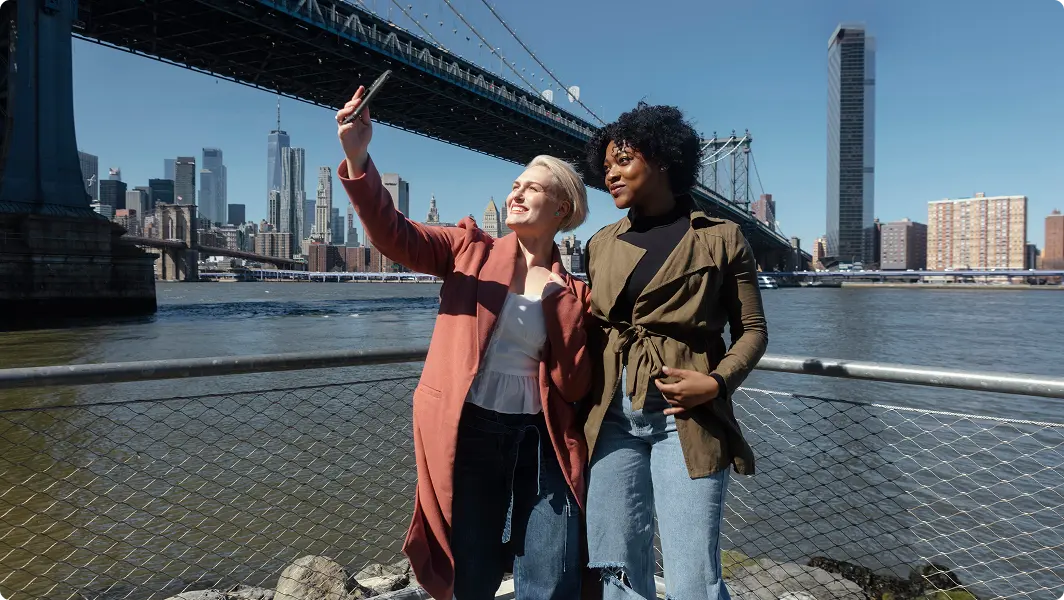
With the strict regulations of LL18 limiting short-term rental options in NYC, many travelers have turned to nearby cities in New Jersey, such as Jersey City, Hoboken, Bayonne, East Orange, and Fair Lawn, where they can rent entire homes or apartments at lower costs and commute to Manhattan via train. These areas offer more flexible regulations, allowing unhosted rentals and larger group sizes, which are ideal for families or groups seeking spacious accommodations. Here’s how travelers are navigating this shift:
Jersey City, NJ: Travelers have found three-bedroom apartments near PATH train stations, like those in the Newport Centre area, offering full kitchens, laundry facilities, and amenities like pools and gyms for as low as $120-$150 per night. The PATH train provides a quick 15-minute ride to Manhattan’s World Trade Center, making it a convenient base. For example, a spacious 1,130-square-foot apartment can accommodate up to five guests, offering far more space than Manhattan hotel rooms at half the cost.
Hoboken, NJ: Known for its vibrant dining scene, Hoboken offers one-bedroom apartments with private pools and hot tubs, located just 10-15 minutes from Manhattan via PATH or ferry. These rentals, often priced at $150-$200 per night, provide a home-like experience with easy access to NYC’s attractions.
Bayonne, NJ: Entire homes in Bayonne’s Constable Hook area, near the 8th Street Light Rail station, are popular for their affordability and amenities like hot tubs and pet-friendly policies. A two-bedroom apartment for three guests costs around $130 per night, with a 20-30 minute commute to Manhattan via light rail or ferry.
East Orange, NJ: Larger groups favor historic homes near East Orange’s NJ Transit station, which offer four bedrooms and space for up to 16 guests. These properties, priced at $200-$250 per night, are a 29-minute train ride to Penn Station, providing a cost-effective option for group travel.
Fair Lawn, NJ: One-bedroom homes with gardens and hot tubs, located near NJ Transit stations, are available for $120-$150 per night. A 30-40 minute train ride to Manhattan makes Fair Lawn a viable option for travelers seeking quiet, suburban settings.
The restrictions of LL18 have driven this shift to nearby cities, as travelers face canceled bookings and limited options in NYC. The law’s prohibition on unhosted rentals and cap of two guests have made it impractical for groups or those seeking privacy, while surging hotel prices ($320/night on average) have pushed budget-conscious travelers to explore alternatives. In New Jersey, local regulations are less stringent, allowing hosts to offer entire homes for short-term stays (often 30+ days, but sometimes shorter with proper registration). This has led to a surge in demand for rentals in areas like Jersey City and Hoboken, where travelers report saving 50% or more compared to Manhattan hotels. However, some nearby municipalities have begun adopting similar restrictions, prompting travelers to book early and verify compliance with local laws.
Use Trusted Platforms: Websites like Airbnb, Vrbo, and cozycozy allow filtering for entire homes in New Jersey cities. Platforms like Leasebreak or Anyplace specialize in 30+ day rentals, aligning with LL18 exemptions.
Check Train Access: Prioritize rentals near PATH (Journal Square, Newport, Hoboken) or NJ Transit stations (East Orange, Fair Lawn) for commutes under 30 minutes. Visit njtransit.com or pathrail.com for schedules.
Verify Amenities and Compliance: Look for homes with full kitchens, Wi-Fi, and parking. Confirm the listing complies with local STR regulations to avoid cancellations.
Book Early: High demand in spring and fall, especially for events like the 2026 World Cup, requires booking 2-3 months in advance for the best rates and availability.

A proposed bill, Intro 1107, aims to ease LL18’s restrictions while preserving housing protections. Supported by groups like Restore Homeowner Autonomy and Rights (RHOAR), it suggests:
Allowing owners of one- and two-family homes to rent their primary residences for one night or more without being present.
Increasing the guest limit to four adults plus children.
Permitting locks on bedroom doors for privacy and safety.
Community leaders, including the New York Urban League and the Brooklyn Chamber of Commerce, support these changes, citing LL18’s failure to lower rents and its harm to small businesses and minority homeowners. Former NYC Deputy Mayor for Housing Alicia Glen has also questioned LL18’s premise, noting a lack of evidence that STRs significantly drive the housing crisis. However, the hotel industry, led by figures like Vijay Dandapani, opposes the bill, arguing it could enable “de-facto hotels.”
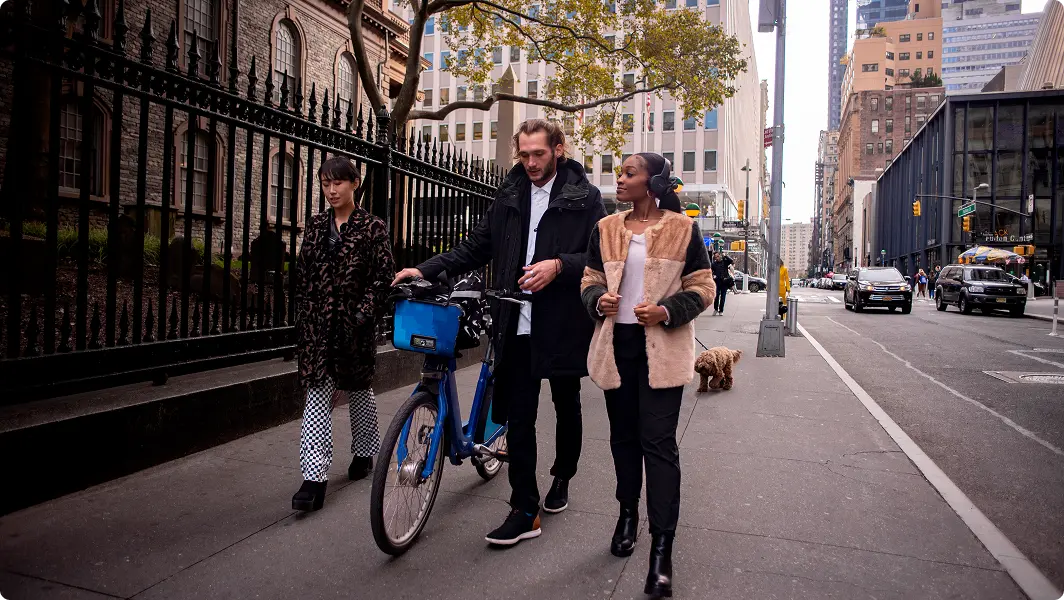
Is Airbnb legal in NYC? Yes, but under Local Law 18, hosts must navigate a complex web of regulations, including registration, host presence, and strict guest limits, making it impractical for many. The so-called NYC Airbnb ban has slashed listings by 92%, driven up hotel prices, and failed to improve housing affordability, while outer boroughs face significant economic losses.
Travelers are adapting by renting entire homes in nearby New Jersey cities like Jersey City and Hoboken, leveraging affordable train commutes to access Manhattan.
Proposed amendments like Intro 1107 offer hope for a balanced approach, but opposition from the hotel industry may delay reforms. For now, hosts and visitors must adapt to a challenging landscape, with short-term rentals in NYC heavily restricted and hotels dominating the market.

Looking for a seamless short-term rental experience in New York City? Triad Vacation Rentals specializes in professional property management, ensuring your NYC stay is hassle-free. From guest communication and cleaning to pricing optimization and compliance with local regulations like Local Law 18, Triad handles it all to maximize your comfort and hosts’ success. Visit Triad Vacation Rentals today to book a perfectly managed short-term rental!
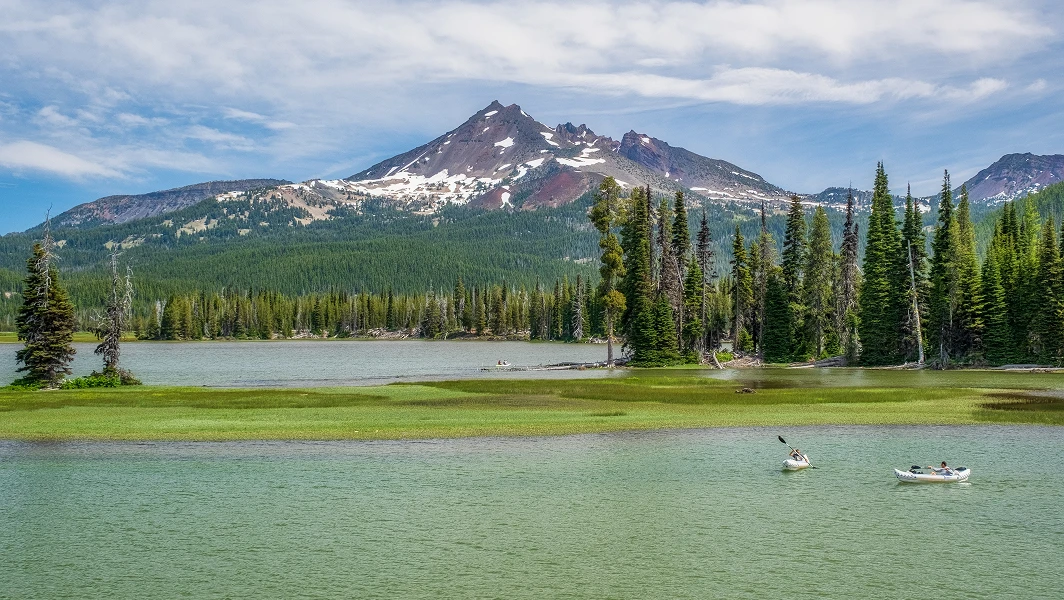

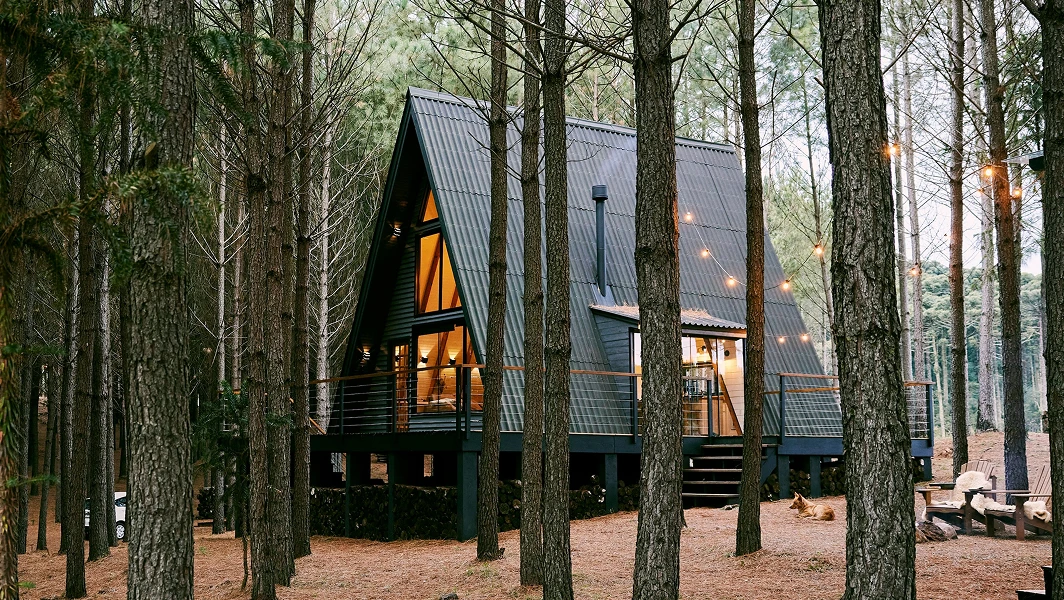
Happy with Triad?
Leave us a quick Google review – it helps other homeowners find the support they need.